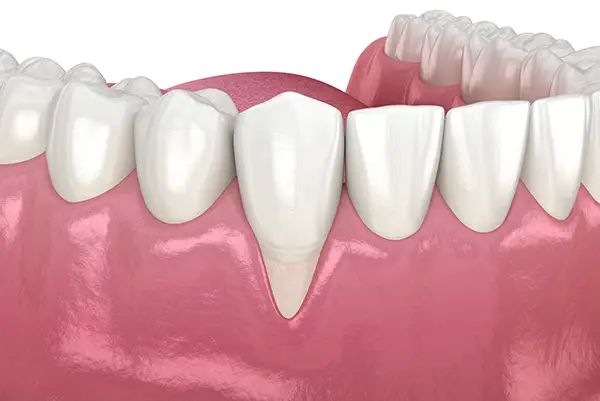
Periodontal Care Lebanon OR Preventative maintenance is a vital part of keeping your teeth and gums in great shape. When speaking about preventative maintenance, most patients immediately think of getting professional cleanings and brushing their teeth regularly at home. Preventative maintenance is a vital part of keeping your teeth and gums in great shape. When speaking about preventative maintenance, most patients immediately think of getting professional cleanings and brushing their teeth regularly at home. However, it is also extremely important that your gums are receiving proper care as well. That is why our professionals at Osborne Dentistry take several steps to assess the health of your gums during preventative dental visits. This includes things like checking for symptoms of gum disease and visually inspecting the soft tissue of your oral cavity. What Is Gum Disease?Gum disease, or periodontal disease, is a chronic oral health condition that stems from inflammation and infection of the gums. Gum disease occurs when plaque becomes trapped between small, naturally occurring pockets between your teeth and gums. If left untreated, this plaque will harden into tartar and cause inflammation. Gum disease is a very severe condition that progresses over time. In its early stages, gum disease can be treated with non-surgical procedures. As it progresses, it can require substantially more treatments such as oral surgery. Gum disease will ultimately result in the loss of your teeth and a receding gum line if not treated. What Is Periodontal Maintenance and Care?Periodontal maintenance and care are the terms used to describe all of the treatments and techniques used to combat gum disease. The most common care procedure involves measuring the depth of the pockets between your teeth and gums. Our team does this to see if your pocket depth is in the normal range, which is between 1 and 3 millimeters. If your pockets are deeper than 3mm, then you are likely suffering from gum disease. If your pocket depth is 5mm or more, then you are experiencing advanced gum disease. Early stages of gum disease are treated with a non-surgical procedure called root planing and scaling. Root planing and scaling are always completed at the same time to maximize their effectiveness. If our professionals observe signs of gum disease or tartar build-up in the pockets between your gums and teeth, then we will likely recommend this procedure. Many times, we can complete the first session during your dental exam as it is not very time-consuming. Scaling involves removing tartar build-up from your teeth with a metal handheld tool. Once the tartar is removed, our team will then plane the roots of your teeth with the same tool. This process involves removing the plaque from below the gumline and smoothing out the surface of your roots. By doing this, it allows your gums and roots to heal and reattach. Scaling and Root PlaningRoot planing and scaling will need to be completed several times for full effect. Our professionals usually complete this procedure during your routine dental exams, but we may recommend increasing the frequency of your exams while we are treating your gum disease. A common interval involves increasing root planing and scaling sessions to three-month intervals. Gum Disease Treatment in Lebanon ORIf you are overdue for your latest cleaning and are ready to take control of your oral health, contact Osborne Dentistry. You can schedule your appointment by calling our office at 541-451-4300 today. |